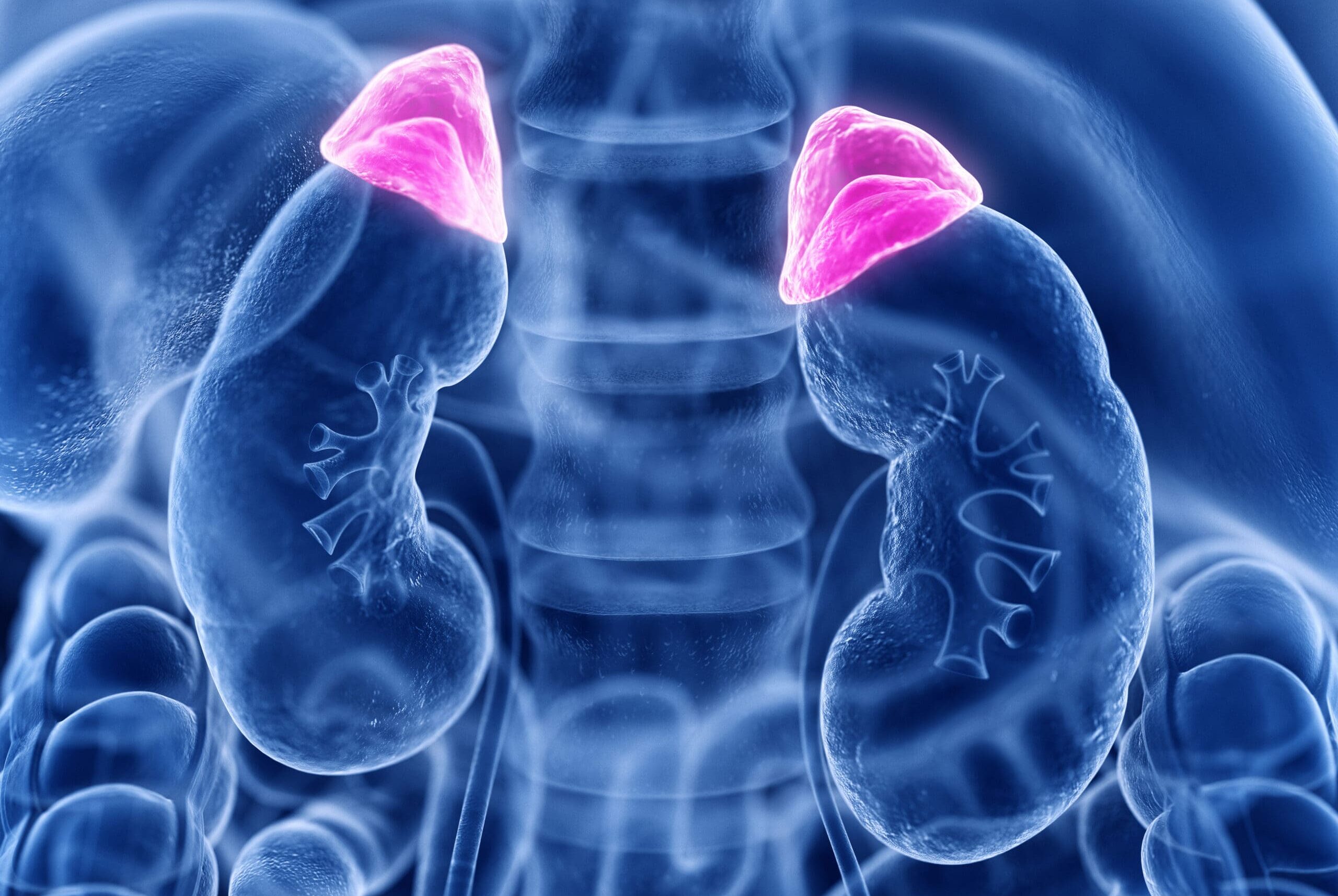Strategies to manage emotional eating
By naturopath Margaret Jasinska
Emotional eating is a common problem that stands in the way of people achieving their health and weight goals. It can be very tough to beat, but there are strategies to minimise the frequency and intensity of emotional eating.
Emotional eating is eating in response to unpleasant emotions while not hungry. Some people also engage in binge eating, whereby they consume a very large volume of food in a short space of time. The food of choice is almost always high in carbohydrate and high in calories. Most people think of junk food and confectionary when they think of emotional eating, but healthy foods like nuts, nut butter and fruit are sometimes chosen.
For some people, emotional eating can be a symptom of significant depression or anxiety, while for others it’s just something they fall into while going through a stressful life episode. Either way, emotional eating can cause significant distress, shame, guilt and erosion of self-esteem. Addressing the underlying mental health problems is key. The food is just a symptom.
Stress triggers emotional and hormonal changes
Stress does more than just make you want to reach for a bowl of ice cream. If you are stressed you are probably not sleeping well. You’ll be feeling tired and not motivated to cook healthy meals and exercise. Levels of hunger hormones in your bloodstream will be higher if you are stressed and sleep deprived, making junk food so much more appealing. Stress reduces the ability to cope with day to day hassles and problems.
Stress can also raise your blood level of the hormone cortisol. Cortisol is made by your adrenal glands, which are two glands that sit on top of your kidneys. This hormone is actually made of cholesterol, like a lot of other important hormones in your body. It is normal and beneficial to have some cortisol in your bloodstream at all times. It is supposed to be highest in the morning, to give you some energy and motivation to get out of bed and go to work. Cortisol is supposed to drop off in the evening, in order to help you relax, unwind and get ready to sleep. Problems arise when there is too much cortisol in the bloodstream all day and night.
When you feel stressed, your adrenal glands release cortisol and adrenaline in order to give you energy, make you feel more alert and increase blood flow to your muscles (so you can run away from someone who may be chasing you). When the feeling of stress passes, these hormones are supposed to fall back down again and allow you to feel relaxed. Unfortunately some people never feel relaxed; they bounce from one type of stress to the next from the moment they wake up until they collapse into bed at night. Anxiety is a state of chronic stress in the body.
Having elevated blood levels of cortisol is a problem for several reasons:
- Cortisol can raise your blood sugar level. It is supposed to do that in the short term in order to give you energy and stamina, but chronically elevated blood sugar can raise the risk of type 2 diabetes. Cortisol also worsens insulin resistance (also known as syndrome X). This means it makes it harder for insulin to work properly in your body. Syndrome X is one of the most common reasons a person can’t lose weight and Dr Cabot developed an eating plan to overcome it in the book I Can’t Lose Weight And I Don’t Know Why.
- Cortisol can cause you to lose your waist. It promotes weight gain around the torso. It also promotes fat deposition inside the liver and all around the abdominal organs. This is dangerous because excess weight in that area raises the risk of heart attacks and strokes.
- Cortisol can make you feel hungry and crave sugary or salty foods. This is because it impairs the ability of insulin to work in your body. This means glucose has a hard time entering your cells, where it should be burnt off for energy. Consequently your cells end up being starved of energy. This will send signals to your brain telling you to eat something, especially something sugary. Making sure you eat sufficient protein, fat and salt at each meal can help to correct this. Red meat, eggs, poultry and seafood are all excellent sources of protein. Whey is also high in protein and extremely convenient for occasions when you don’t have time to cook. Synd-X Slimming Protein powder makes an excellent base for delicious smoothies.
- Cortisol can suppress your immune system. Cortisol is supposed to reduce inflammation in your body and that is a good thing. Cortisol is used medically for autoimmune disease and conditions marked by excess inflammation. Problems arise if your own body’s production of cortisol remains elevated for an extended period of time. This suppresses the immune system and makes you much more likely to contract infections such as colds and flu. It also means these infections are more difficult to overcome.
- Cortisol can interfere with your ability to sleep. If your cortisol level has been too high all day, chances are it does not drop sufficiently at night. This can make it more difficult to fall asleep or it can cause light and broken sleep.
You can have a blood test to measure your level of cortisol. You need to have it tested twice in a day; once at approximately 7:30 to 8am and again at approximately 5:30 to 6pm.
Ways to manage emotional eating
The most effective way to reduce emotional eating is to make sure your body is well nourished with good food; you get sufficient rest and you find ways to manage stress. Here are some tips:


1. Try to get enough sleep, rest and relaxation
Don’t go to bed too late. Try to be in bed by 10:30pm. Magnesium can help sleeplessness.


2. Do some gentle exercise
Don’t exhaust yourself. Prolonged strenuous exercise can raise stress hormones even further. The trick is to just do enough to energise yourself.


3. Assist your brain to make feel-good neurotransmitters
It is so much easier to stick to a healthy diet when you feel calm and relaxed. Tyrosine is an amino acid that helps many people achieve this. Tyrosine is used by your brain to produce the neurotransmitters dopamine and noradrenaline. It helps you to feel calm and focused and gets your head in the right place for eating well.


4. Follow an anti-inflammatory diet
Excessive inflammation in your body is perceived as a type of stress. The worst foods for raising inflammation are sugar, dairy products, gluten, margarine, alcohol and soy. Try to minimize your intake of those foods. Instead, try to base your diet on fresh vegetables, good fats (avocados, olive oil, raw nuts, seeds, oily fish) and good quality protein (poultry, grass fed meat, eggs). Making your own raw vegetable juices is an excellent way for reducing inflammation. See the recipes in the book Raw Juices Can Save Your Life.









Could you mail me please the PCOS diet it was in a newsletter and I can’t find it thx
Hello,
Is this the article you are referring to?
https://www.cabothealth.com.au/diet-best-polycystic-ovarian-syndrome-pcos/